
Posted on 04/07/2020 7:33:08 AM PDT by Homer_J_Simpson








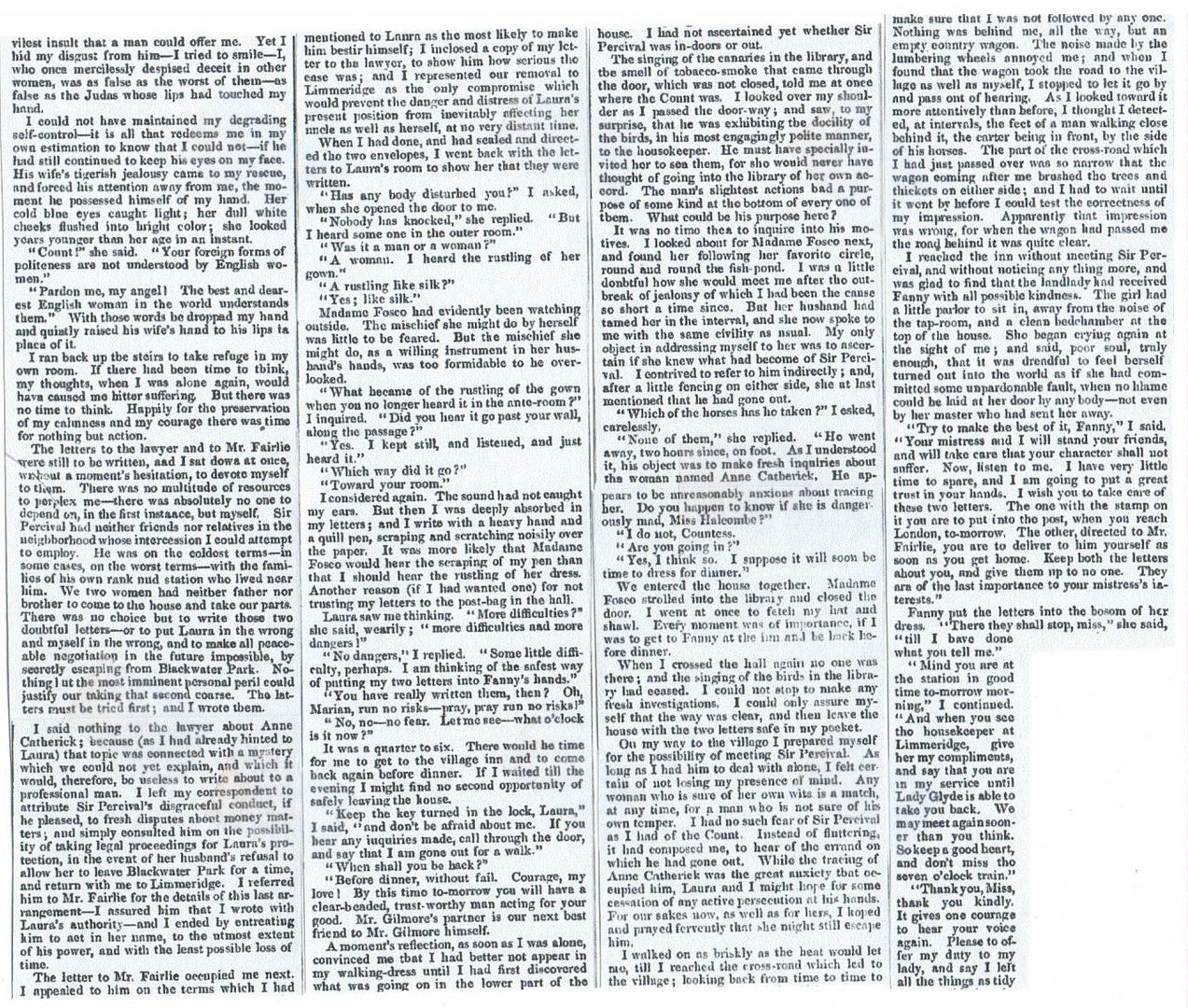
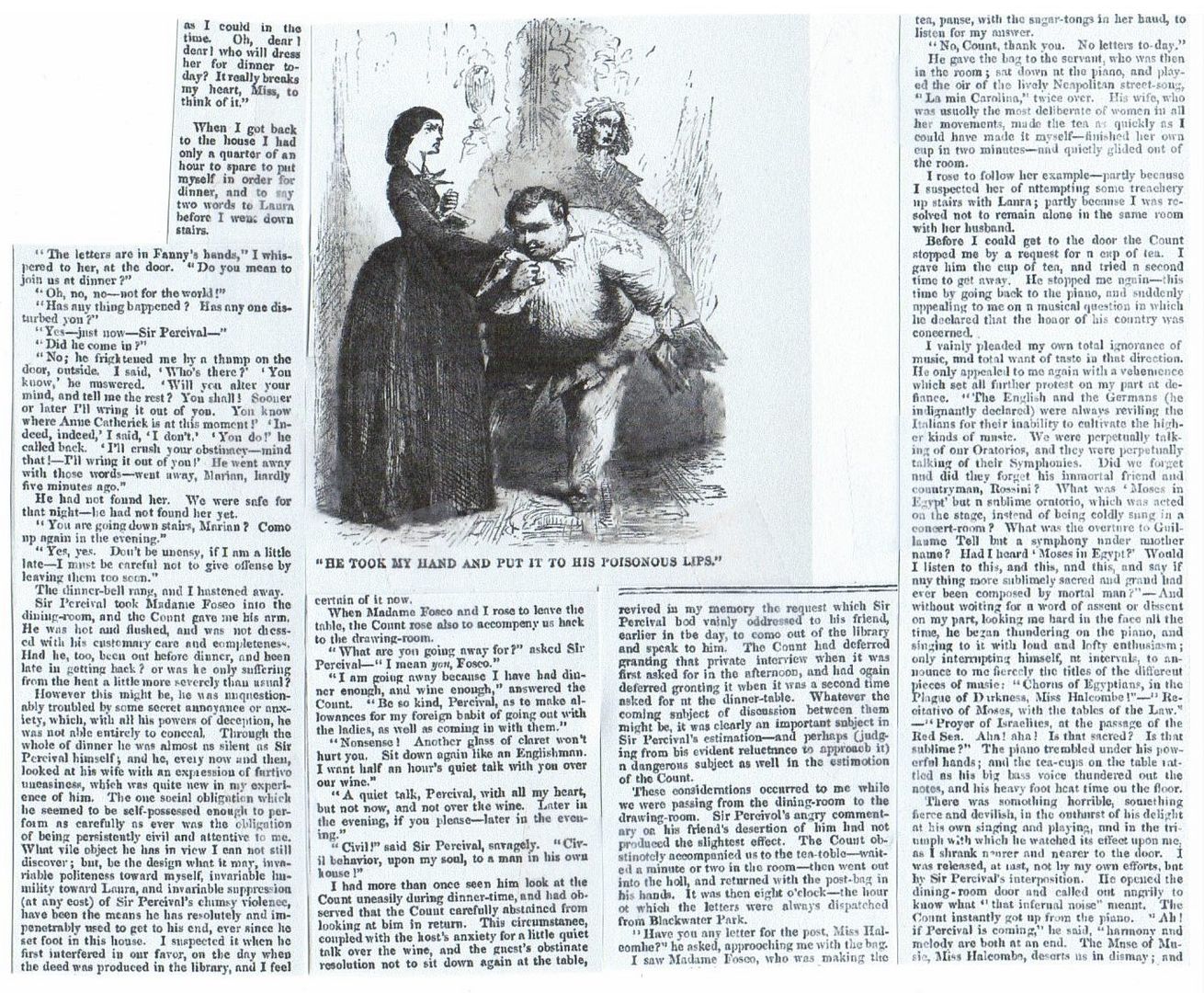


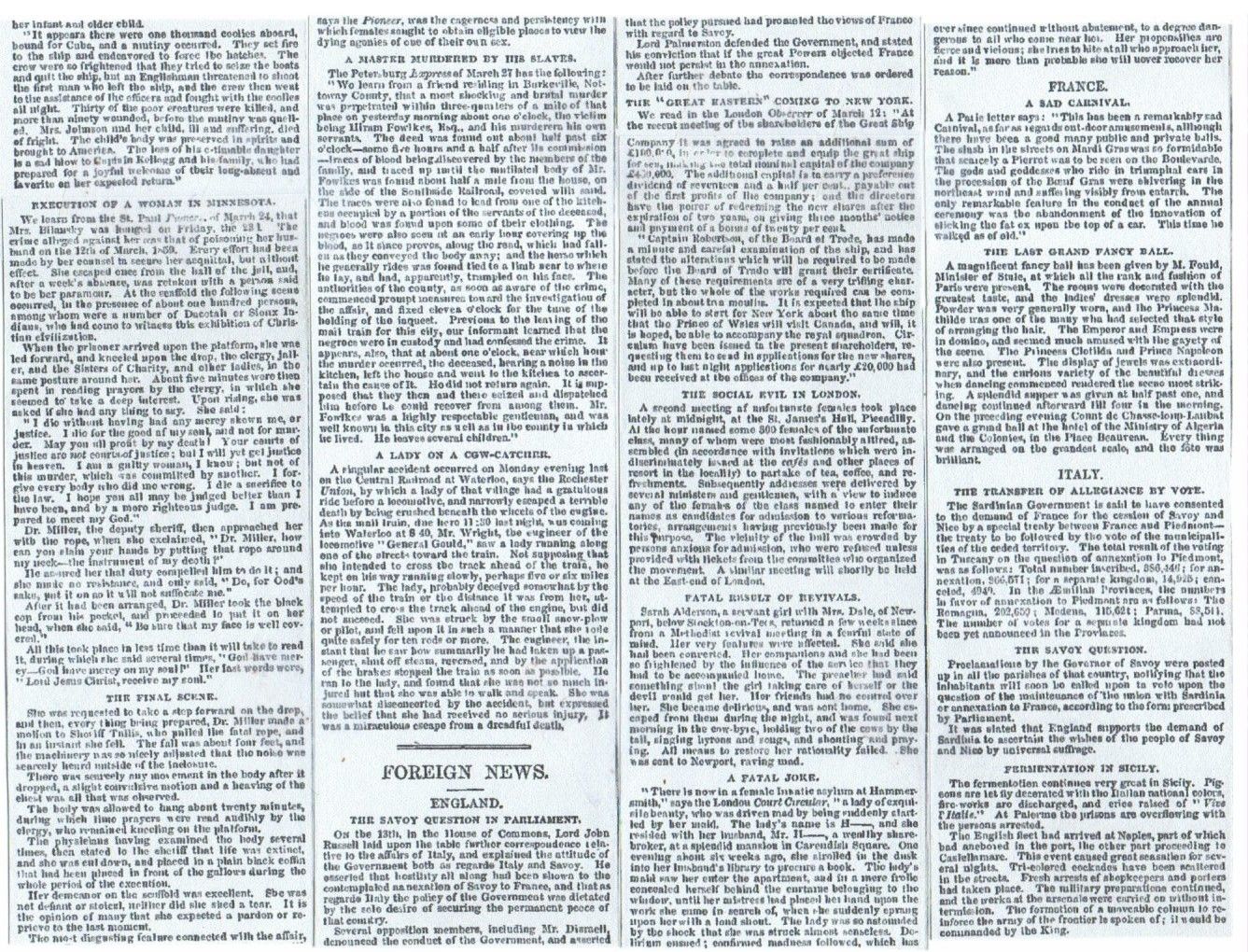


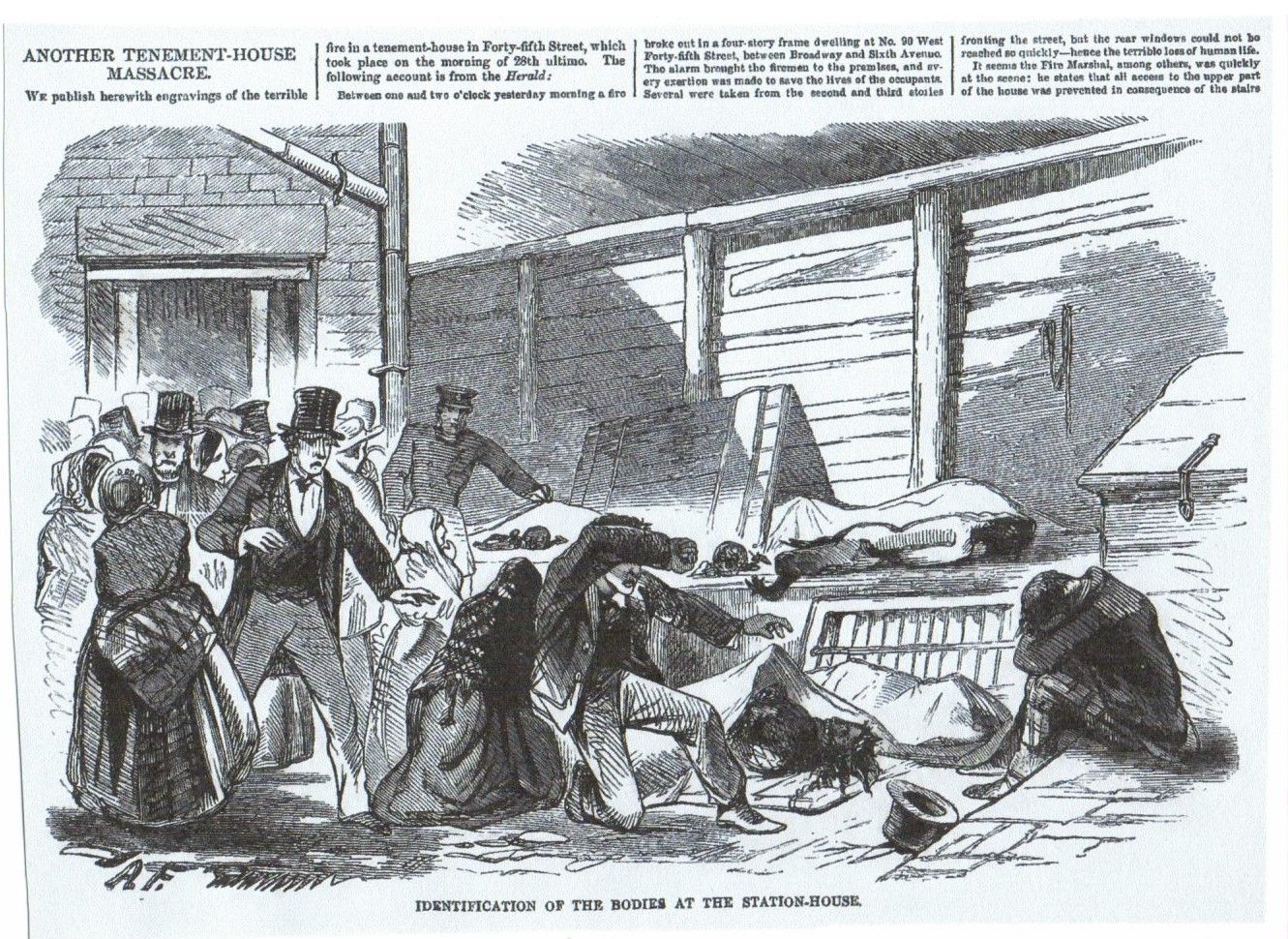
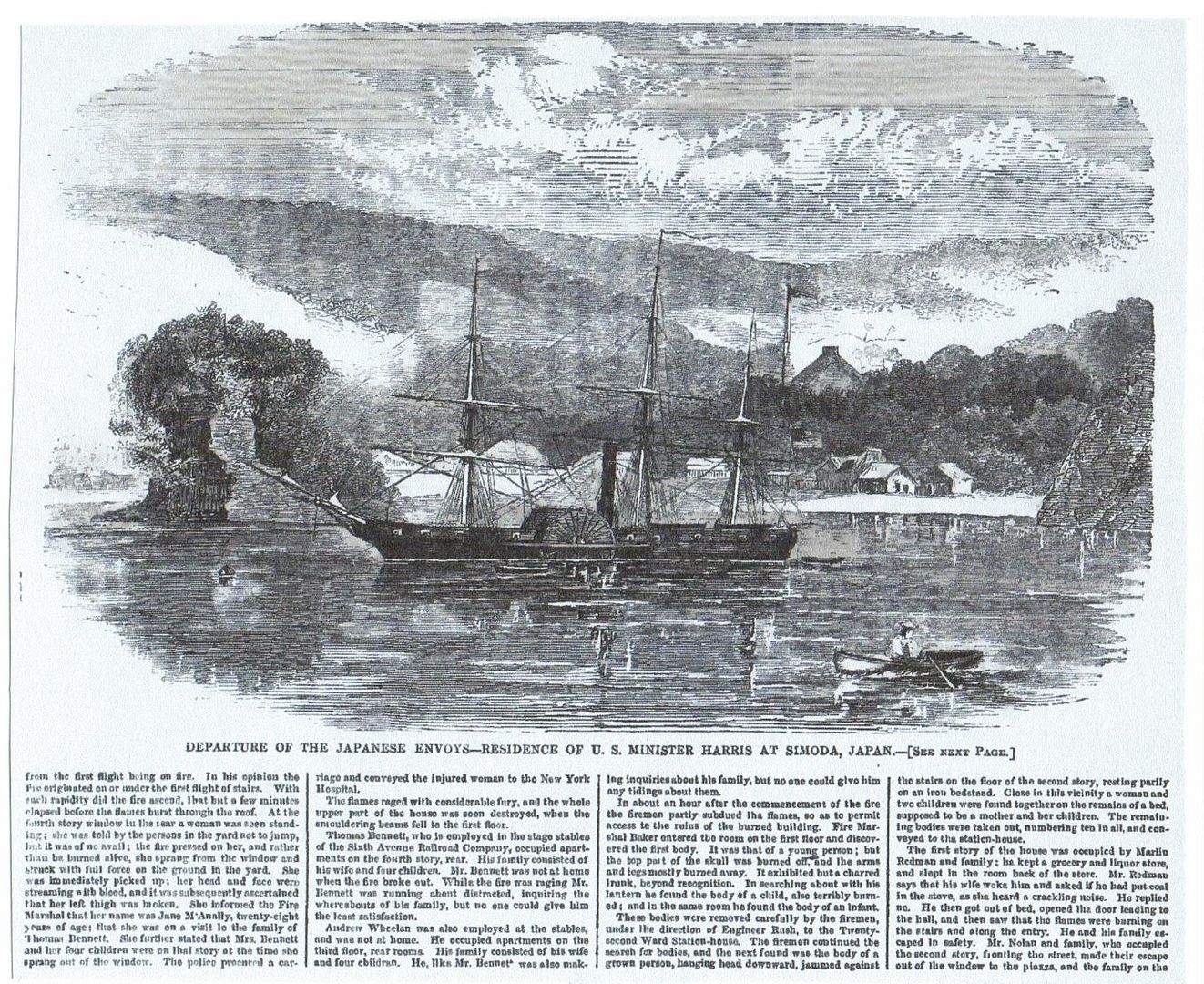



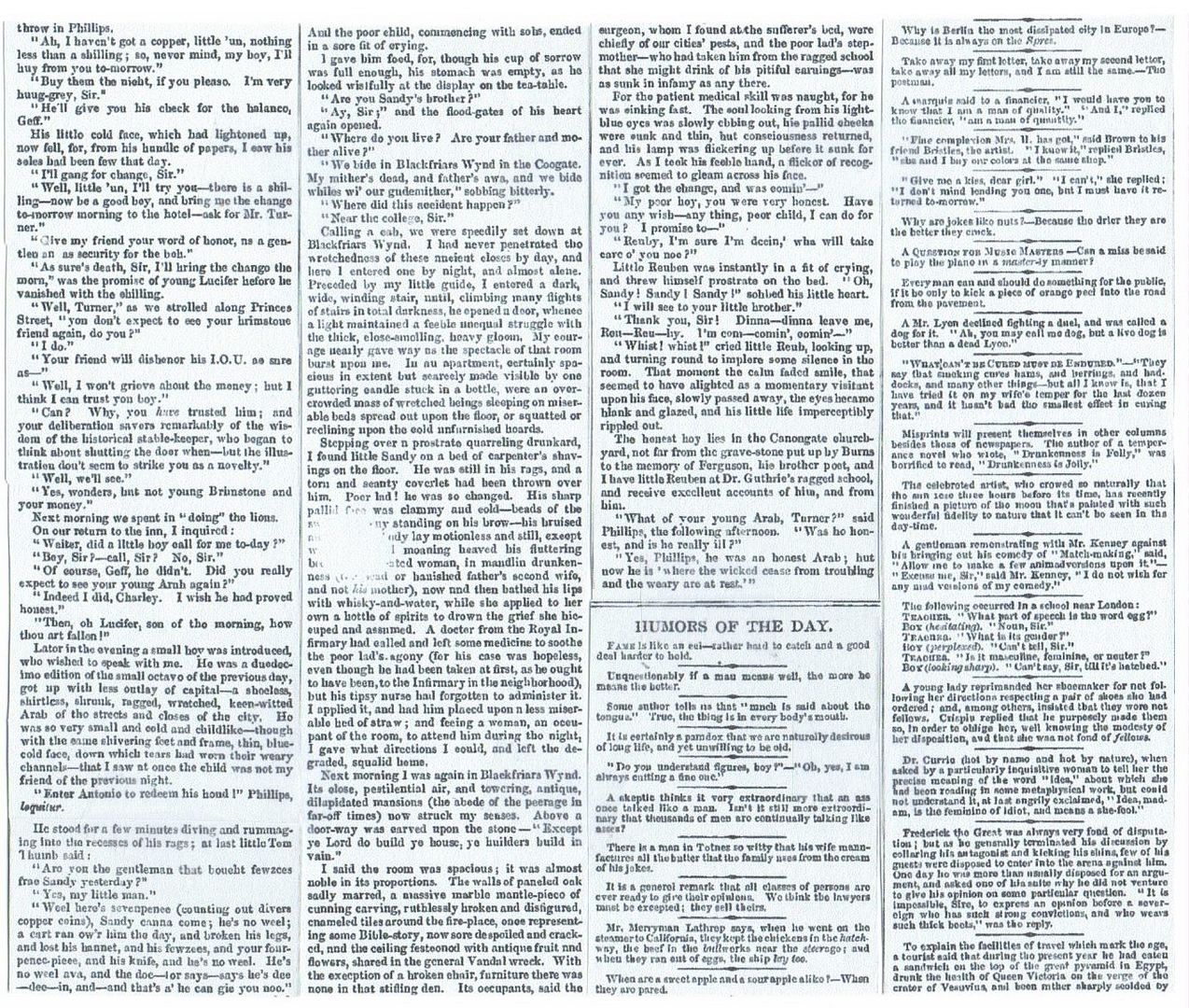





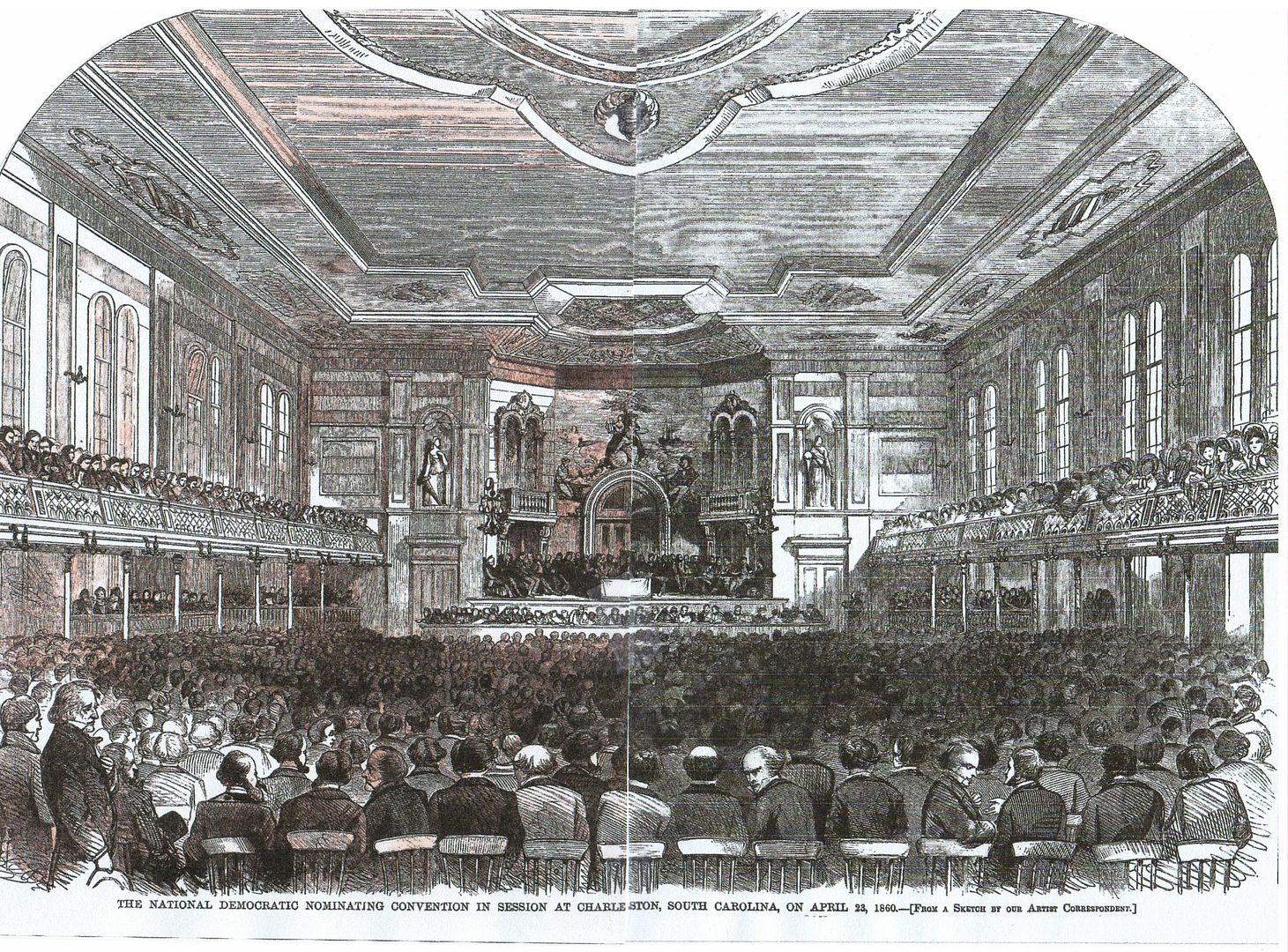
Free Republic University, Department of History presents U.S. History, 1855-1860: Seminar and Discussion Forum
Bleeding Kansas, Dred Scott, Lincoln-Douglas, Harper’s Ferry, the election of 1860, secession – all the events leading up to the Civil War, as seen through news reports of the time and later historical accounts
First session: November 21, 2015. Last date to add: Sometime in the future.
Reading: Self-assigned. Recommendations made and welcomed.
Posting history, in reverse order
To add this class to or drop it from your schedule notify Admissions and Records (Attn: Homer_J_Simpson) by reply or freepmail.
 Nice puff-piece on Ohio Republican Representative Thomas Corwin who was, like Lincoln himself, born in Kentucky.
Nice puff-piece on Ohio Republican Representative Thomas Corwin who was, like Lincoln himself, born in Kentucky.
Corwin lived in & represented Lebanon Ohio (then Ohio 7), a few miles northeast of Cincinnati.
During the War of 1812 young Corwin served as a wagon boy in General Harrison's army, earning him the nickname "Wagon Boy" along with "Black Tom" for his swarthy skin.
In 1861 many proposals will attempt to "compromise" between secessionists and Republicans, all to be defeated by united Republican opposition.
Except for one, Black Tom's proposal, which will be pushed by Senator Seward -- with or without Lincoln's knowledge, but certainly without Lincoln's opposition.
Lincoln will believe Corwin's proposal simply expressed his own understanding of what the Constitution already implied.
Corwin's Amendment will help persuade Border States like Kentucky and Maryland to reject secession.
It will have no effect on secessionists.
Then it was an important factor in preserving the union. If Kentucky and the others - but especially Kentucky - had seceded Lincoln's task in reuniting the states would have been near impossible. At least that was what he said in 1861 regarding preventing KY from seceding.
Interesting find in your paper. Hasheesh eater Fitz Hugh Ludlow, nineteenth century pothead, patron saint of the modern drug culture. Died at 34. Inspired John Hay at Brown University (and possibly Mark Twain) to turn on. Brown was nutty even back then, I guess.
I'm certain Lincoln knew his numbers backwards & forwards.
The Border States of Kentucky, Missouri & Maryland could have, potentially, added half again to Confederate armies, increasing their totals from about one million to 1.5 million and reducing Union totals to just over 2 million.
Given the well-understood advantages of defense, military doctrine long insisted you needed three-to-one numbers to be sure of victory, and as it turned out the Union had about 2.5 to one overall -- barely enough.
But if we theoretically increase Confederate armies by 500,000 from Border States, and reduce the Union that same amount, now the ratio is only 1.3 to one, not nearly enough to insure Union victory, especially considering the weaknesses of some Union generals.
Of course it's not that simple, but still Lincoln had every reason to believe Border States were key and Kentucky key to the Border States.

The Diary of George Templeton Strong, Edited by Allan Nevins and Milton Halsey Thomas
NORTH SHORE, 13th April, 1860.
MY DEAR PINKERTON, — Thanks for your kind response. I have had the same suspicion of Pennsylvania, but my general feeling is this: that the nomination of Mr. Bates would so chill and paralyze the youth and ardor which are the strength of the Republican party; would so cheer the Democrats as a merely available move, showing distrust of our own position and power; would so alienate the German Northwest, and so endanger a bolt from the straight Republicans of New England, — that the possible gain of Pennsylvania and New Jersey, and even Indiana, might be balanced. Add to this that defeat with Bates is the utter destruction of our party organization, and that success with him is very doubtful victory, and I cannot but feel that upon the whole his nomination is an act of very uncertain wisdom.
It is very true that there is no old Republican, because the party is young, and it will not do to ask too sharply when a man became a Republican. Moreover, a man like Mr. Bates may very properly have been a Fillmore man in '56, because he might not have believed that the Slavery party was as resolved and desperate as it immediately showed itself in the Dred Scott business; this is all true, but human nature cries out against the friends of Fremont in '56 working for a Fillmore man in '60, and there is a good deal of human nature in the public. The nomination of Mr. Bates will plunge the really Republican States into a syncope. If they are strong enough to remain Republican while they are apathetic, then in the border States you may decide the battle.
I think New York is very sure for the Chicago man, whoever he is; but if Bates is the man, we shall have to travel upon our muscle!! Individually believing, as I do, in the necessary triumph of our cause by causes superior to the merely political, I should prefer a fair fight upon the merits of the case between Douglas and Seward, or Hunter or Guthrie and Seward. I think Douglas will be the Charleston man.
Thank you once more.
GEORGE WILLIAM CURTIS.
SOURCE: Edward Cary, George William Curtis, p. 130-2

The Diary of George Templeton Strong, Edited by Allan Nevins and Milton Halsey Thomas
Very interesting. The average person at the time would have had very little idea what was going on behind the scenes.
John Van Buren, son of the president, prominent Democrat who broke with the party to support his father’s presidential bid on the Free Soil ticket. Quite the wit and bon vivant. Some people think he was the one who first said “Vote early, vote often,” though that may not be true.
Disclaimer: Opinions posted on Free Republic are those of the individual posters and do not necessarily represent the opinion of Free Republic or its management. All materials posted herein are protected by copyright law and the exemption for fair use of copyrighted works.